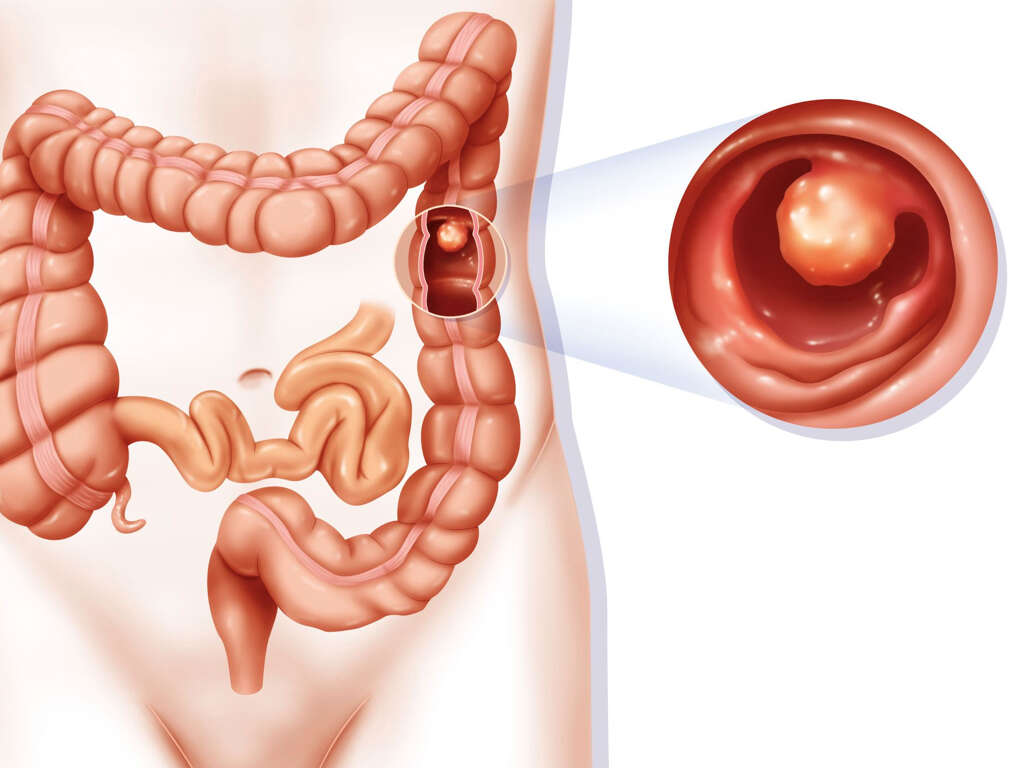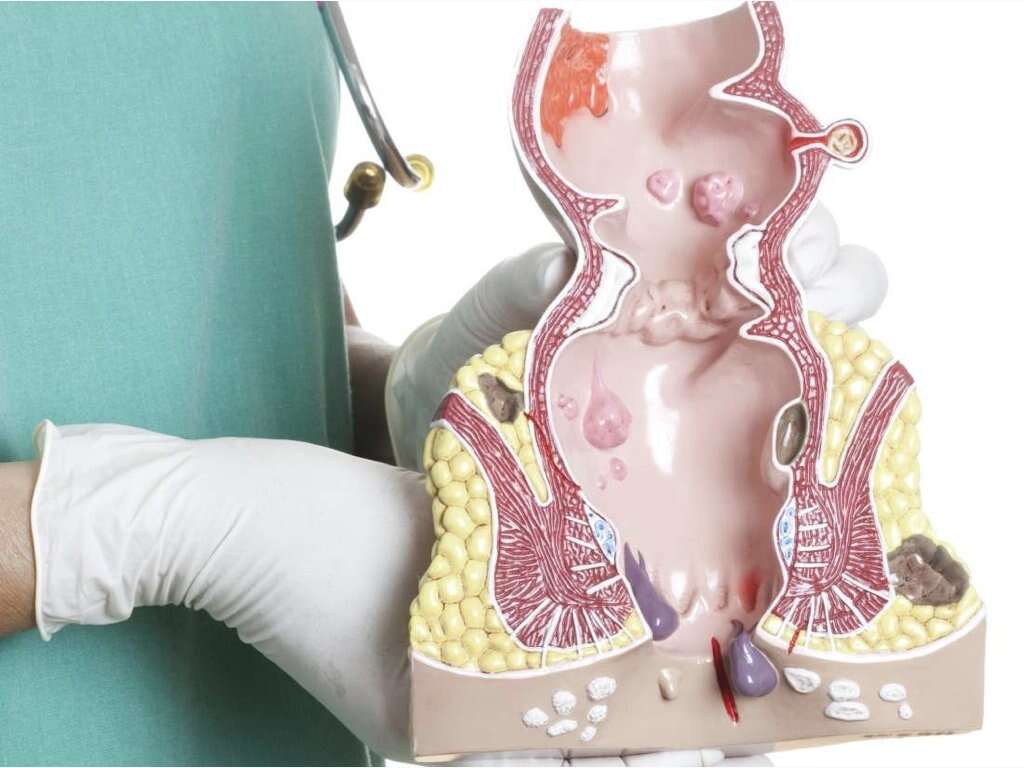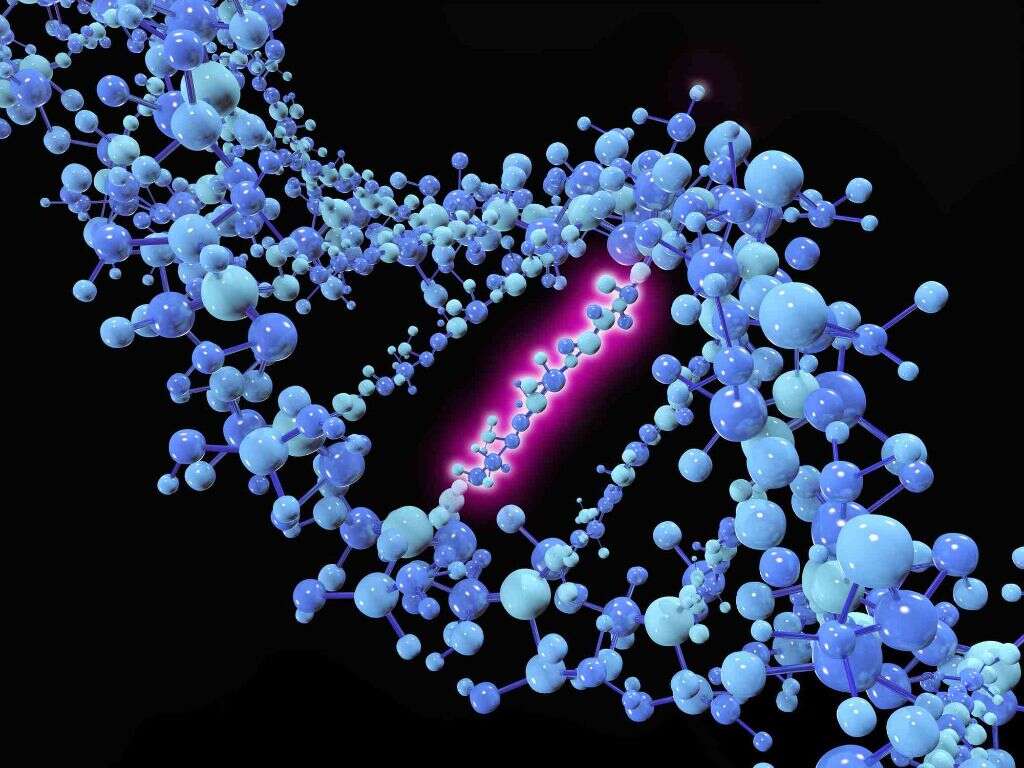What Is Lynch Syndrome?
 Article Sources
Article Sources
- 1. Bhattacharya P, McHugh TW. “Lynch Syndrome”. StatPearls. StatPearls Publishing, (2019). https://www.ncbi.nlm.nih.gov/books/NBK431096/
- 2. Munoz, Juan C. et al. “Hereditary Nonpolyposis Colorectal Cancer” Medscape: Drugs & Diseases (2017). https://emedicine.medscape.com/article/188613-overview
- 3. Strafford, J. Craig. “Genetic Testing for Lynch Syndrome, an Inherited Cancer of the Bowel, Endometrium, and Ovary” Rev Obstet Gynecol. 2012; 5: 42–49 https://www.ncbi.nlm.nih.gov/pmc/articles/PMC3349923/
4. Symptoms
All forms of colon cancer begin with the development of polyps in the intestines during a person’s 20s and 30s. Lynch syndrome is also known as nonpolyposis colorectal cancer because it results from fewer than 100 polyps, compared to the large number in other types of colorectal cancer.2Munoz, Juan C. et al. “Hereditary Nonpolyposis Colorectal Cancer” Medscape: Drugs & Diseases (2017). https://emedicine.medscape.com/article/188613-overview
As the polyps grow, they may cause constipation or diarrhea or stool that is black and tarry or contains blood. Patients may suffer from abdominal pain, cramping, or a heavy, bloated feeling. They may lose interest in food, lose weight, or feel weak. Sometimes they become anemic for no apparent reason.2Munoz, Juan C. et al. “Hereditary Nonpolyposis Colorectal Cancer” Medscape: Drugs & Diseases (2017). https://emedicine.medscape.com/article/188613-overview
Advertisement











